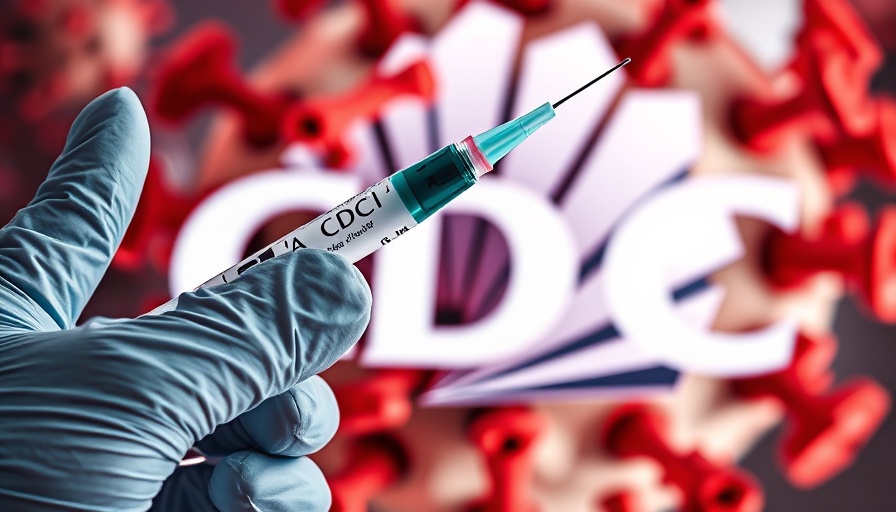
RFK Jr. Reassesses Vaccine Policy Amid Thimerosal Controversy
In a surprising shift within the CDC’s Advisory Committee on Immunization Practices (ACIP), appointees aligned with Robert F. Kennedy Jr. have taken the stage to address the contentious issue of thimerosal, a mercury-based preservative in vaccines. This restructured panel’s decision to revisit thimerosal comes at a time of public unease surrounding vaccine safety and efficacy.
Understanding the Thimerosal Debate
Thimerosal has long been a source of debate, especially since it was linked to fears regarding autism in the late 1990s. While studies led by the FDA and CDC affirm its safety in low concentrations, Kennedy argues otherwise, stressing a need for clarity and transparency in vaccine policymaking. He believes that thimerosal poses significant risks to children’s neurological health and aims to restore public trust by demanding rigorous scientific review before decisions are made.
The Shift Towards Transparency and Safety
With the appointment of eight new committee members, some of whom have shown skepticism towards conventional vaccine research, Kennedy aims to push for a more transparent approach in vaccine assessments. This committee reshuffle raises questions about a possible realignment of vaccine policies in the U.S. health system. Advocates believe that by bringing in independent voices like Dr. Robert Malone, the panel can examine vaccine safety without the bias of previous committee members.
Revisiting Established Science
Critics argue that revisiting the discussions surrounding thimerosal could undermine years of established scientific consensus that deemed it safe. Mainstream bodies like the CDC have worked hard to ensure a stable narrative around vaccine safety, having phased out thimerosal from all childhood vaccines by 2001 due to its controversial past. Yet, it still exists in some adult multi-dose flu vaccines, keeping the debate alive.
A Potential Shift in Public Trust
The implications of this vote extend far beyond thimerosal’s presence in vaccines. Depending on the panel’s assessment, it could either reinforce public confidence in vaccines or further entrench vaccine hesitancy among those already skeptical of established health guidelines. The stakes are particularly high among parents of young children who may be influenced by this debate as they make critical healthcare decisions.
The Broader Impacts of Kennedy’s Leadership
This shift in the CDC panel offers a glimpse into the possible future of vaccine governance under Kennedy’s leadership. If successful in modifying public perception toward thimerosal and perhaps scaling back its use in immunizations, it could inspire similar movements against other established health protocols. The dilemma stands: will Kennedy restore trust through transparency, or will he sow further divisions?
What This Means for Massachusetts Families
For residents of Massachusetts, particularly those interested in alternative medicine, this debate around thimerosal and vaccine safety holds significant implications. Parents must navigate the complex landscape of public health recommendations while weighing personal beliefs and the advice of health professionals. Ensuring that their voices are heard in the policymaking process could shape future healthcare choices locally and nationally.
As this conversation unfolds, a call for continued engagement with the science at hand and the voices in the community remains crucial. Families are encouraged to seek reliable information and consider diverse perspectives as they make informed decisions to secure their children's health.
 Add Row
Add Row  Add
Add 




Write A Comment